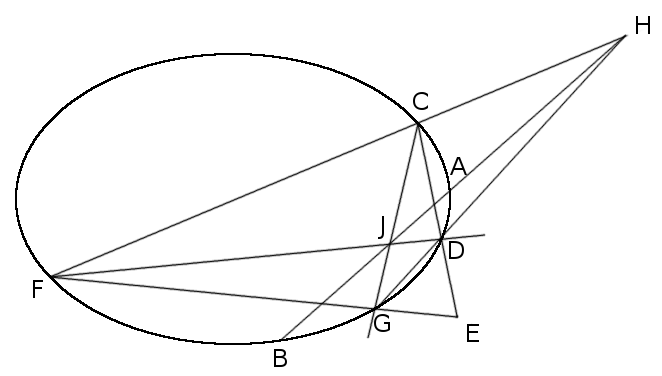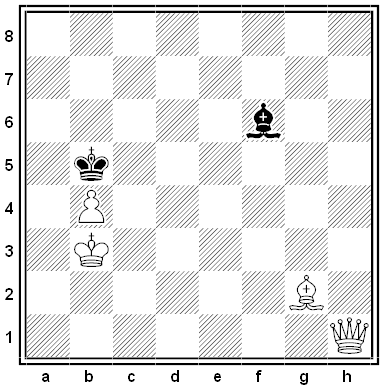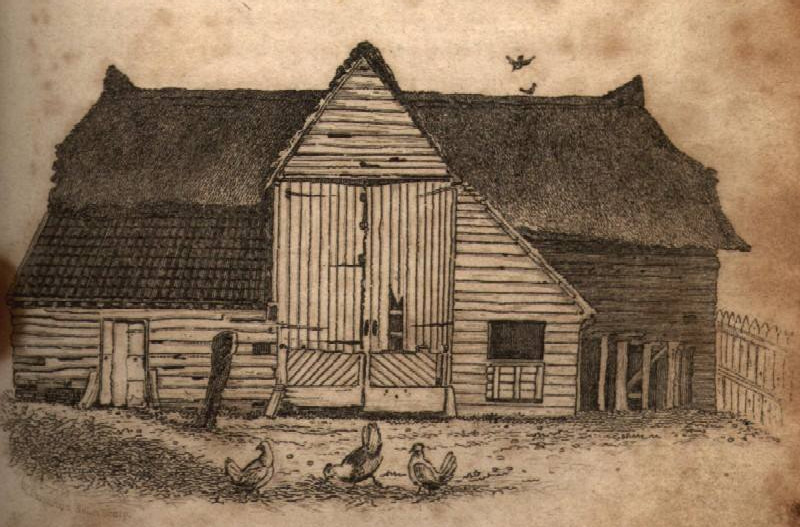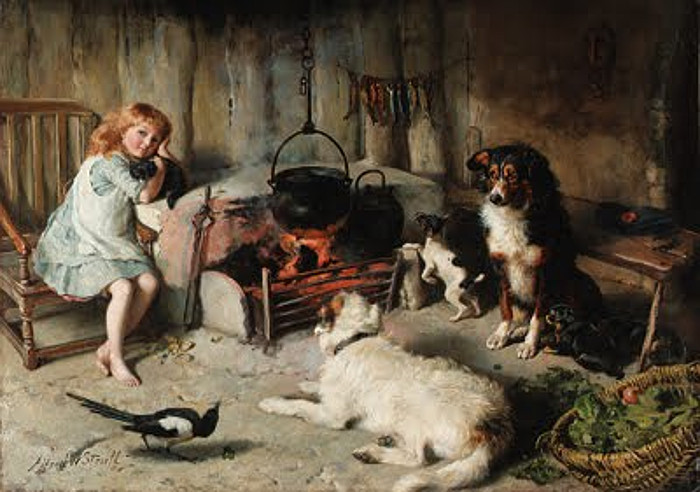In 1940 H.L. Mencken received a letter from a woman who called herself Georgia Southern. She said her profession was known as strip teasing, and she wondered whether Mencken could provide “a new and more palatable word to describe this art.” He wrote back:
It might be a good idea to relate strip teasing in some way or other to the associated zoological phenomenon of molting. Thus the word moltician comes to mind, but it must be rejected because of its likeness to mortician.
A resort to the scientific name for molting, which is ecdysis, produces both ecdysist and ecdysiast. Then there are suggestions in the names of some of the creatures which practice molting. The scientific name for the common crab is Callinectes hastatus, which produces callinectian. Again there is a family of lizards called the Geckonidae, and their name produces gecko.
She went with ecdysiast. Mencken notes that the popular press consulted scholars S.I. Hayakawa, who “seemingly demurred on the incredible ground that he had never seen a strip teaser in action,” and Stuart Chase, who made no reply, “so I won by a sort of forfeit.” The British correspondent for United Press cabled the new word to England, where it was briefly hoped that it might open the way to lifting a ban on strip teasing; that went nowhere, but “the inevitable Association of Ecdysiasts soon appeared in the United States.”
(“Euphemisms,” from Mencken’s The American Language, 1947.)







